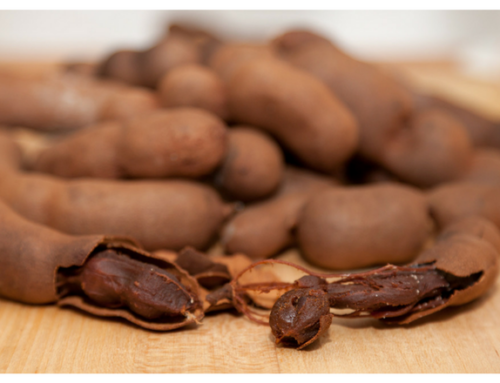I’d barely brushed the dust off my boots following a visit to one of the thousands of small family-owned coffee farms in Colombia when I heard the news: Starbucks will open its first café in Colombia in 2014. The first Starbucks Café will be in the capital, Bogota, with 50 more cafes planned to roll out in the coming years. Debate started immediately in this country where identity, pride, and the nation’s number one export revolve around coffee.
Initial Facebook chatter was mostly anti-Starbucks, echoing the usual fears about American mega-brands taking over the world. The “It’s Colombia, NOT Columbia” social media campaign posted a timeline image that simply read “It’s Juan Valdez, NOT Starbucks.”
Colombia is the third largest coffee producing nation in the world, according to the International Coffee Organization, behind Brazil and Vietnam. And the country is one of the top producers of high-quality Arabica beans. According to the Federacion Nacional de Cafeteros de Colombia (formed in 1927 to “guarantee the well being of Colombian coffee growers), Colombia produced 7.7 million 60 kilo bags of green coffee beans in 2012 and that was a bad year. The FNC expects 2013 yields to top 10 million 60 kilo bags and almost all of it was grown on small family-owned coffee farms. But what will happen when Starbucks becomes a fixture on the Colombian coffee landscape?
A Bitter Taste
Of the 7.7 million bags of coffee produced in Colombia last year, the FNC says 7.1 million were exported. As in most other coffee producing regions, this mass exodus of the good stuff has left the local population with a bitter taste in its mouth.
Most coffee drunk in Colombia is low quality or processed instant coffee served by roaming street vendors armed with plastic thermoses full of a weak brew. These cheap tintos (shots of sweet black coffee) are tossed down your gullet out of pint-sized plastic cups, preferably bypassing your tongue entirely. They’re a pick me up, not a premium coffee experience.
In an attempt to foster a home-grown coffee culture and appreciation for the work its members do, the FNC created Juan Valdez Cafes. There are now 170 of them throughout Colombia (and a smattering more around the world) and they’re strikingly similar to Starbucks’ cafes. Though the FNC seems to have the most to lose following the entry of a rival like Starbucks, FNC spokespeople say the organization welcomes the competition.
Next, what will happen when Starbucks opens its doors?
[pagebreak]More Colombian Coffee Sold, More Colombian Coffee Drunk
Unlike other international debuts, Starbucks has taken a unique approach in Colombia. According to a Starbucks spokesperson, all espresso and drip coffee served in Starbucks Cafes in Colombia will be made from 100% Colombian coffee. The company says its coffee sourcing and blending experts are also hard at work determining new recipes for blends that will include Colombian beans with other coffees from around the world. Additionally, all of these coffees will be roasted in Colombia.
“Our expectation is that this will benefit Colombian coffee growers,” said Luis Fernando Samper, chief communications and marketing officer for the FNC. “As far as the Colombian coffee market goes, it will help to promote the interest of high quality coffee among Colombian consumers. If this segment of the market continues to grow at a faster rate, Juan Valdez Cafes and Starbucks Cafes will benefit but also Colombian producers will benefit from the additional demand and quality premiums.”
Samper added that when Juan Valdez Café profits rise, the FNC has more money to fund coffee production sustainability projects that help Colombian coffee farmers maximize yield and profit. Another benefit? Starbucks has stated they intend to “significantly increase their Colombian coffee purchases.” The company is already the number one buyer of Colombian coffee, snapping up half a million 60 kilo bags every year.
Good News for Coffee Farmers?
The estimated 563,000 Colombian families who make their living producing coffee could use some good news. The Starbucks announcement came in the midst of ongoing, sometimes violent, country-wide strikes involving coffee producers who are demanding the “grower ingress” subsidies (meant to compensate for falling international coffee prices) the Colombian government promised them in March.
Ezequiel Sanchez’s family has owned a coffee finca (small farm) in the high, steep, cloud-covered hills above Betania (about four hours west of Medellin) for five generations. He now runs the farm and the beneficio (fresh coffee bean processing facility) and offers tours of his soon-to-be-certified-organic Las Marías Coffee operation. I’d just come from Sanchez’s finca and nearby hacienda (traditional home) guesthouse when news of the Starbucks move broke.
When I asked Sanchez about Starbucks he was cautiously optimistic. “Starbucks can be an opportunity to improve the income of coffee producers and showcase the quality of Colombian coffee,” he said–but only if the company sticks to its promise of serving 100% Colombian coffee. “There are fears that mixtures are made with cheaper lower-quality Robusta coffee from other countries,” said Sanchez.
***
If you’d like to learn more about how coffee is produced in Colombia contact Colombian Getaways to arrange a two day/one night guided trip to Betania where you’ll meet Sanchez, learn more about his organic coffee finca during a hands-on tour, and enjoy traditional hacienda hospitality, delicious home cooked Colombian food and, of course, great coffee.


![Making Mealtime Matter with La Familia: Easy Sofrito [Video]](https://thelatinkitchen.com/wp-content/uploads/2015/10/sofrito-shutterstock__0-500x383.jpg)
![Easy Latin Smoothies: Goji Berry Smoothie [Video]](https://thelatinkitchen.com/wp-content/uploads/2015/12/goji_berry-shutterstock_-500x383.jpg)


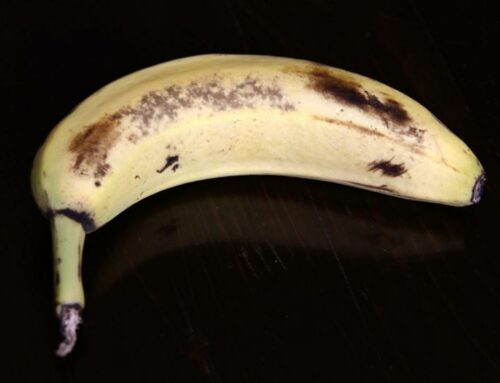


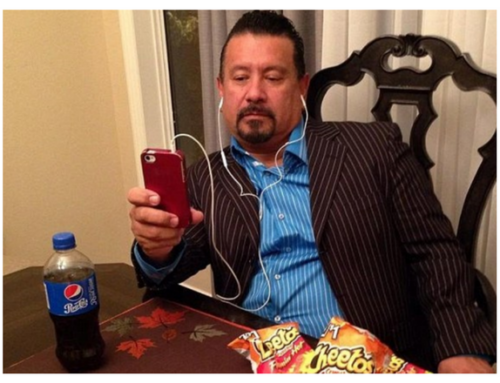
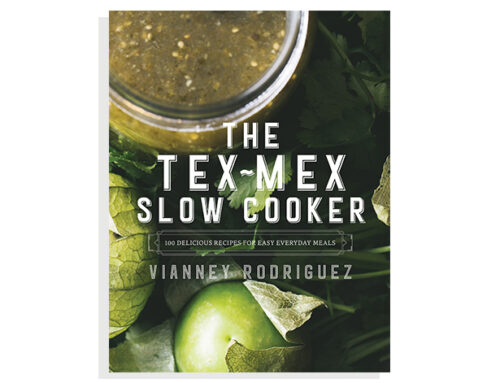


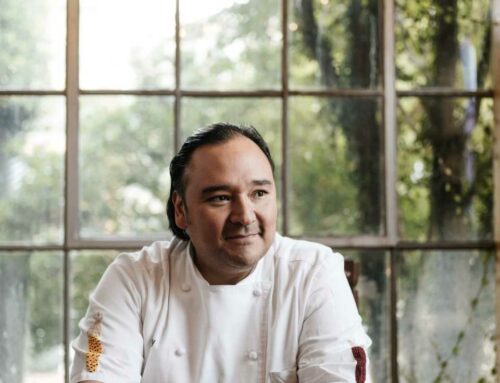

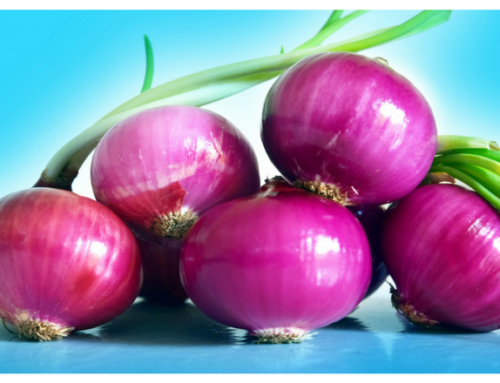




![Fun and Fast Recipes: Fiesta Cabbage Salad [Video]](https://thelatinkitchen.com/wp-content/uploads/2015/11/fiesta_cabbage_slaw-shutterstock_-500x383.jpg)


